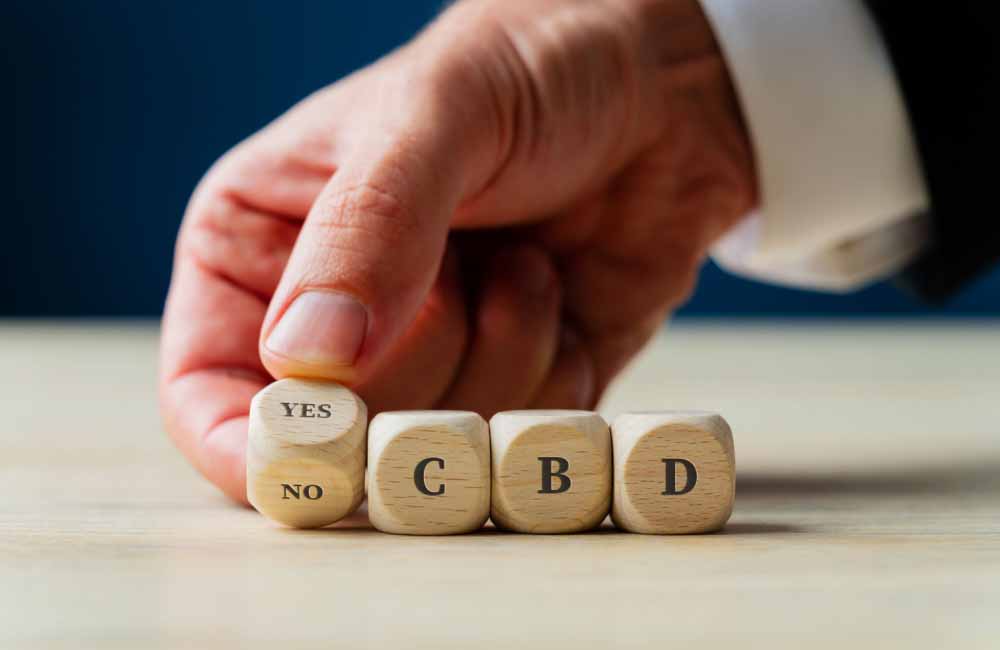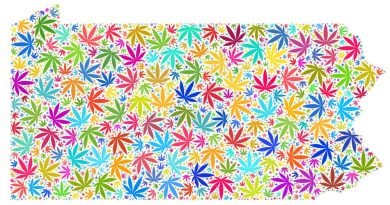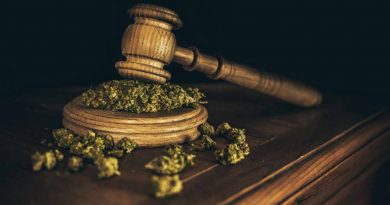Is CBD Legal at the Federal Level?
Products with cannabidiol, better known as CBD, are legal in the United States as long as they meet federal guidelines that regulate what CBD products contain. Essentially, it can only contain trace amounts – if any – of THC, the chemical component of cannabis that gets you high.
The U.S. Congress made hemp-derived CBD legal at the federal level in the 2018 Farm Bill. Since then, there has been a surge in popularity of CBD products, mostly because of the many potential health benefits of CBD. However, the flood of CBD products into the market, from oils and tinctures to gummies and creams, might be a cause for confusion among cannabis consumers who know that cannabis is illegal at the federal level.
The following delves into the complex landscape of CBD legality, including its origins, current status and potential future developments.
Understanding CBD and Its Origins
Cannabidiol is one of more than 100 cannabinoids found in the cannabis plant. Unlike its better-known counterpart, tetrahydrocannabinol (THC), CBD is non-psychoactive and does not induce the high that people associate with marijuana. The source of CBD is typically hemp, a strain of the cannabis plant that contains extremely low levels of THC.
The legal history of CBD in the U.S. traces back to the Agricultural Act of 2014, commonly known as the Farm Bill. This legislation allowed for the cultivation of industrial hemp for research purposes by state agricultural departments and institutions of higher education. This marked the first step towards acknowledging the potential benefits of CBD and hemp-derived products.
The legal landscape for CBD underwent a significant transformation with the passage of the Agriculture Improvement Act of 2018, also known as the 2018 Farm Bill. This landmark legislation legalized the cultivation of hemp as an agricultural commodity and removed it from the list of controlled substances.
It also explicitly differentiated hemp from marijuana by defining hemp as cannabis containing no more than 0.3% THC on a dry weight basis.
With this distinction, Congress effectively removed hemp-derived CBD from the federal schedule of illegal drugs. This decision paved the way for the production, distribution and consumption of CBD across the nation. Studies continue to find new potential uses for CBD, including treatment of traumatic brain injuries and anxiety.
FDA Oversight and Remaining Legal Gray Areas
While the 2018 Farm Bill removed many barriers to the cultivation and sale of hemp-derived CBD, it’s important to note that the Food and Drug Administration (FDA) retains regulatory authority over products containing CBD. The FDA closely monitors the safety, labeling and marketing of CBD products, particularly in the realm of health claims. As a result, the legal status of CBD-infused foods, beverages and dietary supplements remains somewhat murky.
The FDA has approved one CBD-derived prescription medication, Epidiolex, for the treatment of two rare forms of epilepsy. However, the agency has not yet issued comprehensive guidelines for the broader use of CBD in consumer products.
Also, states still retain authority to enact their own regulations. As a result, there are variations in how CBD products are regulated and sold from state to state.
The legal status of CBD at the federal level has evolved significantly over the past decade. The passage of the 2018 Farm Bill marked a pivotal moment in the journey towards CBD acceptance and mainstream use. As CBD continues to gain traction as a wellness supplement, it’s important for consumers, producers and policymakers to stay informed about the evolving legal landscape.




